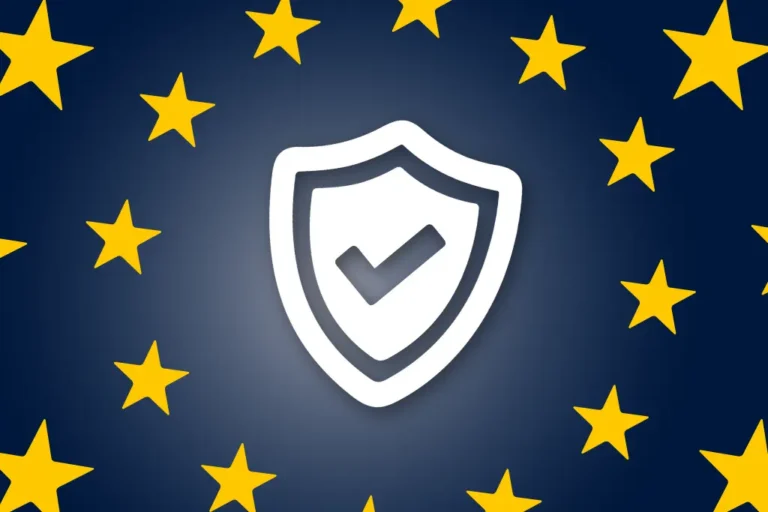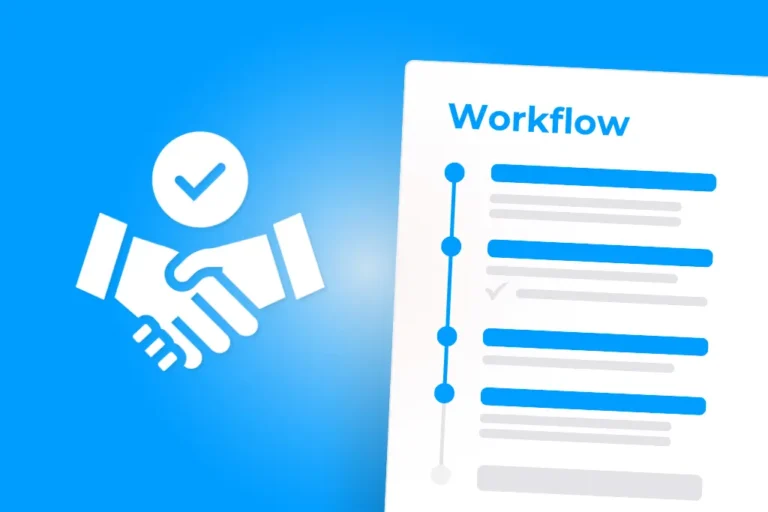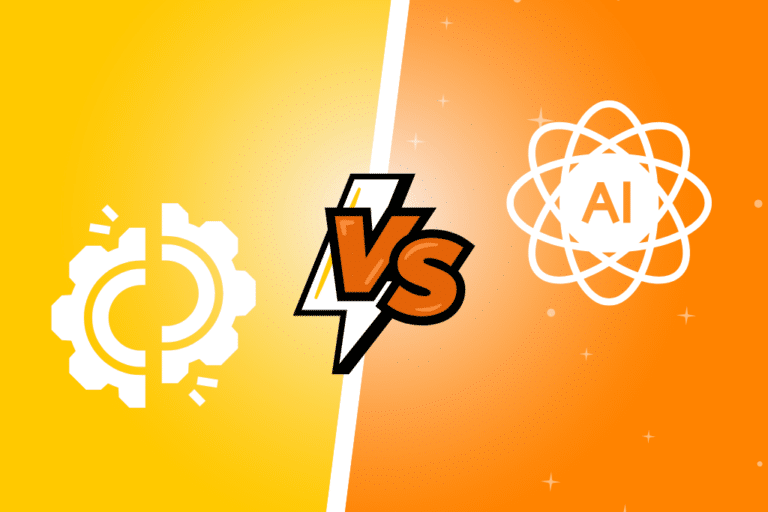Once a certain volume of contracts is reached, it becomes difficult for companies to manage and monitor them effectively. This is why contract management solutions are available, i.e. digital tools that simplify and optimize the management of contracts throughout their lifecycle.
These tools integrate what are known as validation workflows, i.e. circuits that centralize the contract validation process. These digitized procedures enable all validators to consult and modify the document, before reaching the final validation stage. Of course, these circuits are not set in stone; companies can configure them according to the particularities of the contract or internal processes. In this article, we tell you all about them.
Why choose digital approval for your contracts?
Remote contract validation
Since the health crisis, the number of remote exchanges has continued to rise. Today, it is crucial for companies to offer tools that enable them to validate and sign contracts remotely, in complete security.
Digitized approval is precisely the answer to this need, as it enables geographically distant contacts to validate the same document, and make changes to it if necessary. Centralized on a single platform, validation can be carried out seamlessly, without organizational constraints.
Smoother exchanges
In fact, the other major advantage of validation workflows is the fluidity of exchanges. In manual management, the validation phase of a contract often involves long and complex exchanges: endless back and forth between the parties, email reminders, multiple versions of the contract that can get lost or confused… Email as the only means of communication quickly shows its limits!
Compared with emails, validation workflows have the advantage of providing a framework that simplifies exchanges. Within an approval circuit, the parties no longer have to run one after the other to collect validations; the tool takes care of everything! This facilitates communication between the legal department, operational staff and external validators (customers or suppliers).
Significant time savings
All the to-ing and fro-ing involved in validating the contract, not to mention the numerous modifications to the document, are time-consuming tasks. Legal departments are often overwhelmed!
However, most of the steps in the validation process are the same from one contract to the next, and can be automated to save time. This is precisely what validation workflows enable, standardizing both the various validations and the processing of the document.
Easy to use, these tools save legal departments and other validators a considerable amount of time, which they can then devote to high value-added tasks.
Greater control over the validation process
Time-consuming mail loops also pose problems of reliability and traceability.
All employees know how difficult it is to find precise information in these multiple exchanges!
With digitized approval, another problem disappears. Validation workflows centralize all information on a single platform, making it much easier for all validators to access.
Digitized approval also helps to secure the parties involved: in fact, you can choose an ordered workflow, in which the validation of one party is necessary to obtain the validation of the others. This ensures reliability and security, and reinforces document conformity.
The advantage of flexibility
Secure and reassuring, digital approval is nonetheless a flexible technology.
In some cases, security and compliance are a priority; in others, speed and fluidity of exchanges are more important.
Depending on these priorities, and also on the particularities of each contract (purpose, amount, validators, etc.), workflow requirements are therefore different. This is why validation circuits can be parameterized.
In particular, the user can choose between sequential and parallel validation. In sequential validation, the order in which the parties approve the document is important, and is defined in advance: if the first party does not approve, the second cannot approve, and so on. In parallel validation, on the other hand, the order is irrelevant, allowing all parties to validate the document independently.
DiliTrust enables you to approve your contracts dematerially
DiliTrust Contracts is an online contract management module that enables companies to simplify the contractual process at every stage. In particular, its digital approval module makes the contract validation phase faster, more secure and autonomous.
This module is flexible, allowing you to choose between sequential and parallel validation. The stages of the validation circuit are entirely defined by the company’s expert. Depending on the needs of the contract, the circuit can be defined :
- After importing the document (in Word or pdf format).
- By defining the workflow in advance.
In all cases, the tool simplifies exchanges between operational staff and the legal department. The legal expert no longer needs to send multiple e-mails to operational staff to monitor the application of contract-related rules: these can be integrated directly into the validation circuit.
The DiliTrust validation workflow is also much faster than manual validation, and gives validators greater autonomy.
💡 Good to know: As soon as the contract is imported and the circuit defined, a notification is automatically e-mailed to all parties, so that the process can begin. With a single click, each validator can view the document, and decide whether or not to approve it. The tool also simplifies the procedure in the event of refusal: validators can leave a comment to explain the reason for refusal.
In addition, the person who initiated the request is notified in real time of all responses. This makes it easier to monitor the validation process, and to intervene quickly in the event of a blockage. Once the contract has been validated, the electronic signature request can be launched directly from the tool.
Would you like to discover DiliTrust Contracts and its validation module? Ask for a demonstration!


